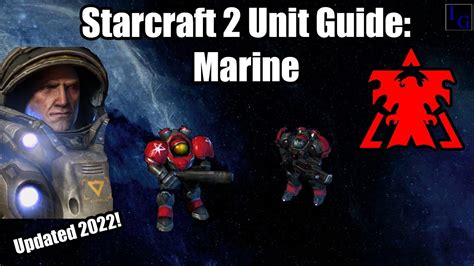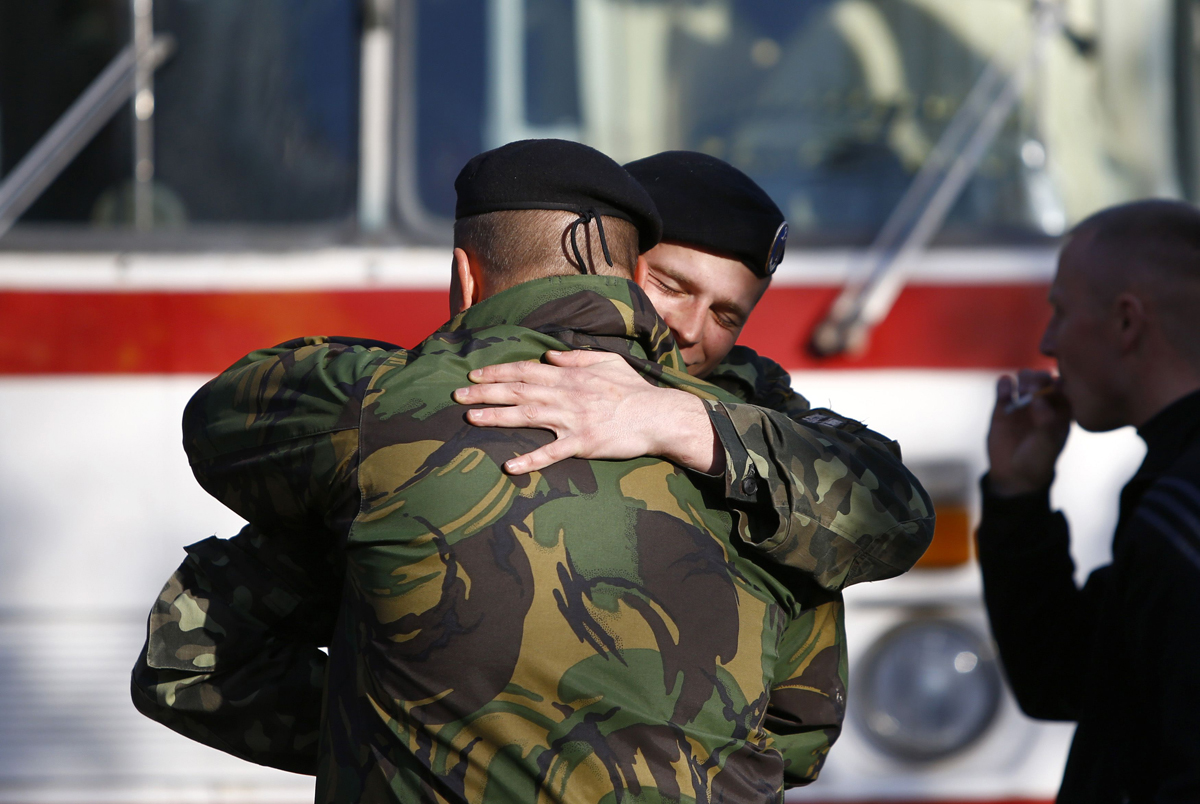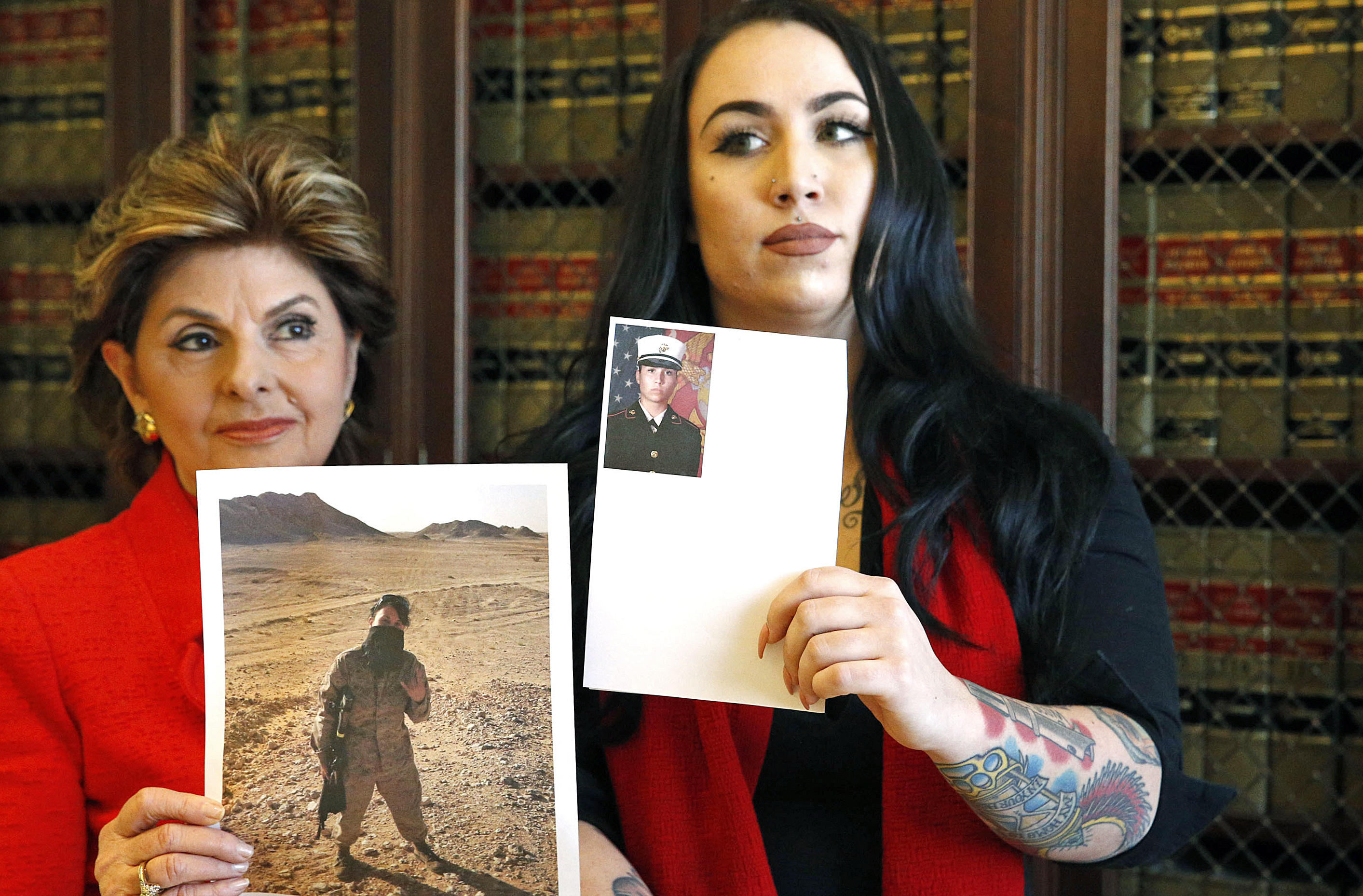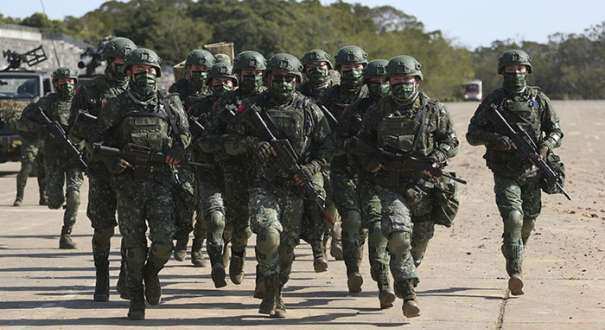What Does Marines Say

Introduction to Marine Slang

Marines have a unique way of communicating with each other, using slang and terminology that is specific to their community. This language is often used to convey a sense of camaraderie and shared experience among Marines, and can be confusing to outsiders who are not familiar with it. In this article, we will explore some common phrases and words that Marines use, and provide insight into their meanings and origins.
Common Marine Slang

Marines use a variety of slang terms to communicate with each other, including: * Oorah: an expression of enthusiasm or agreement, similar to “yes” or “agreed” * Semper Fi: short for “Semper Fidelis,” which is the Marine Corps motto and means “always faithful” * Devil Dog: a nickname for Marines that originated in World War I, when German soldiers referred to them as “Teufelhunde,” or “devil dogs” * Gunny: a term used to refer to a Gunnery Sergeant, a senior enlisted rank in the Marine Corps * grunt: a term used to refer to an infantry Marine, who is responsible for fighting on the front lines
Marine Corps Jargon

In addition to slang, Marines also use a variety of technical terms and jargon to communicate with each other. This includes terms such as: * MOS: short for “Military Occupational Specialty,” which refers to a Marine’s job or career field * CO: short for “Commanding Officer,” which refers to the officer in charge of a unit * XO: short for “Executive Officer,” which refers to the second-in-command of a unit * NCO: short for “Non-Commissioned Officer,” which refers to an enlisted Marine who has been promoted to a leadership position
History of Marine Slang

The use of slang and jargon in the Marine Corps dates back to the early days of the organization. Marines have always used unique terminology to communicate with each other, and this language has evolved over time to reflect the changing needs and experiences of the Corps. Some terms, such as “Oorah” and “Semper Fi,” have become iconic symbols of the Marine Corps and are recognized around the world.
👍 Note: Marine slang is not just used by Marines, but also by other branches of the military and by civilians who are familiar with the culture and terminology of the Corps.
Why Marine Slang Matters

Marine slang is more than just a way of communicating - it’s also a way of expressing identity and belonging. When Marines use slang, they are signaling that they are part of a shared community and culture, and that they are committed to the values and traditions of the Corps. This language also serves as a way of bonding and building camaraderie among Marines, who often use slang to joke and tease each other.
| Term | Meaning |
|---|---|
| Oorah | Expression of enthusiasm or agreement |
| Semper Fi | Short for "Semper Fidelis," the Marine Corps motto |
| Devil Dog | Nickname for Marines that originated in World War I |
| Gunny | Term used to refer to a Gunnery Sergeant |
| Grunt | Term used to refer to an infantry Marine |

In summary, Marine slang is a unique and important part of the culture and tradition of the Marine Corps. By understanding and using this language, Marines are able to express their identity and belonging, and to bond with each other in a way that is meaningful and significant. Whether you’re a Marine or just interested in learning more about the Corps, exploring Marine slang is a great way to gain insight into this fascinating and complex community.
What is the origin of the term “Oorah”?
+The term “Oorah” is believed to have originated in the 1950s, when Marines began using it as a way of expressing enthusiasm and agreement. The exact origin of the term is unclear, but it is thought to have been popularized by Marine Corps drill instructors.
What is the difference between a “Gunny” and a “Grunt”?
+A “Gunny” is a term used to refer to a Gunnery Sergeant, a senior enlisted rank in the Marine Corps. A “Grunt,” on the other hand, is a term used to refer to an infantry Marine, who is responsible for fighting on the front lines. While both terms are used to refer to Marines, they have distinct meanings and connotations.
Can civilians use Marine slang?
+While Marine slang is primarily used by Marines, civilians who are familiar with the culture and terminology of the Corps may also use these terms. However, it’s worth noting that using Marine slang without proper context or understanding can be seen as disrespectful or pretentious. It’s always best to approach the use of Marine slang with sensitivity and respect.



